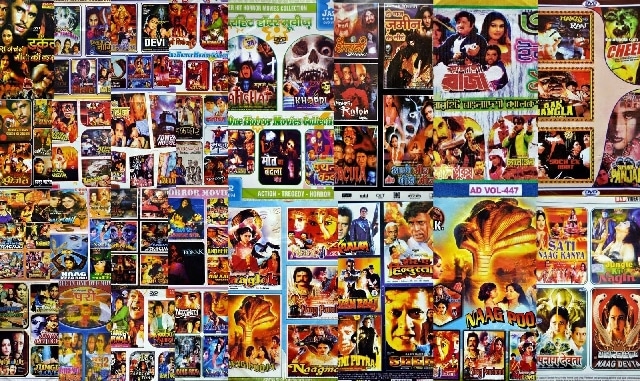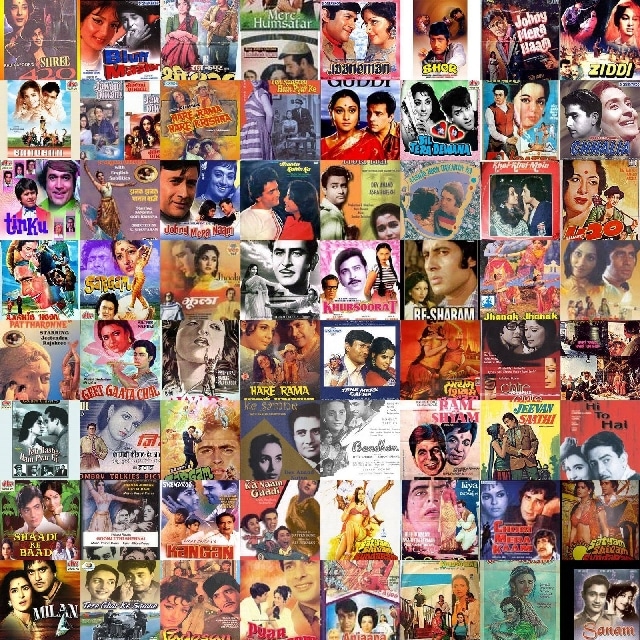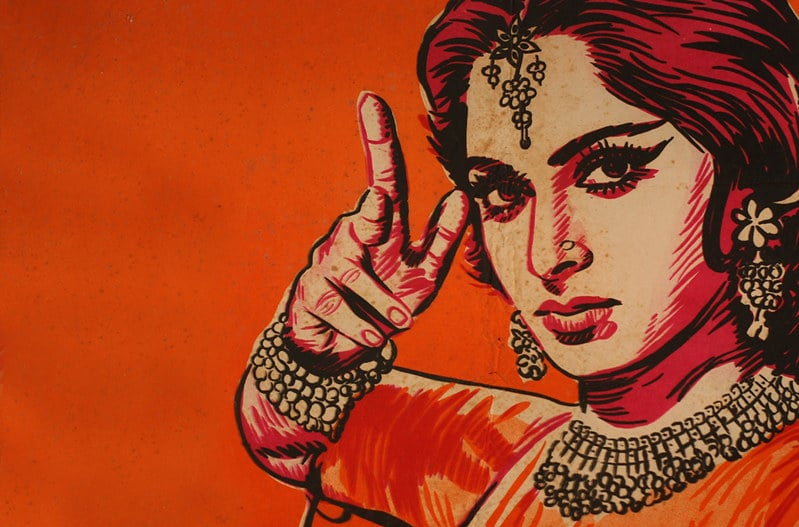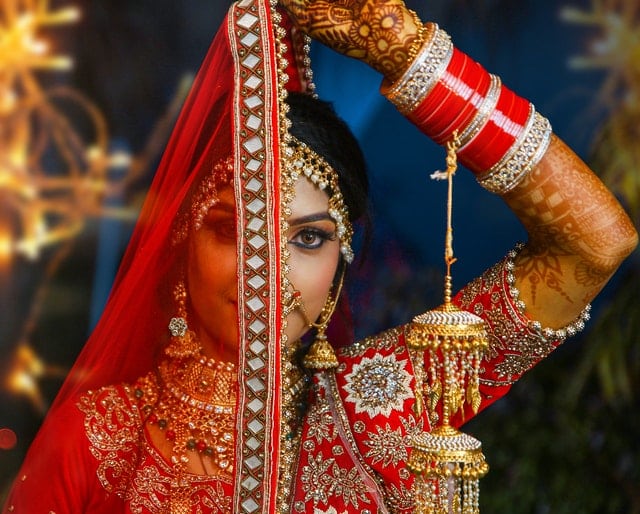Many Indians usually hear in foreign countries that Bollywood films reflect Indian society because the masses can identify with them. However, a few experts believe that Bollywood films are a mirror image for the desired version of Indian culture.
Difficult tasks and challenges, profound sadness, every green love moment, which are showcased in the Bollywood films, reflect Indians’ mindset. Bollywood films take the viewer on an emotional roller coaster ride, but happy endings are always expected and have template emotions because they are essentially fairytales.
Hirav Shah, a movie astrologer cum Business Transformation Expert, says, “Our films influence people and society. But they depict a reality that has nothing to do with the viewers’ reality.“
What is the True Transformation?
Hirav Shah explains, “Indian society is very hierarchical, and even though the caste system was officially abolished in the 1950 constitution, discrimination according to caste continues Nationwide. Even though society has become more open and tolerant since the beginning of the 1990s with economic progress and educational advancement, it has not abolished barriers between people with different backgrounds who love each other to be overcome as in the movies. Reportedly, only a fraction of India’s 1.2 billion-strong population lives in urban centers such as Delhi, Mumbai, Kolkata, Hyderabad, or Chennai. As per the 2021 census, two-thirds of Indians still live in rural areas and earn their living directly or indirectly from agriculture. A few government statistics released in 2022 say that almost 90 percent of marriages are still arranged as love-based marriages are limited to a few metropolitan cities.”
Shah says, “In our Indian culture, it is still very rare for Hindus, who make up 80 percent of the population, to marry Muslims who comprise 16 percent of Indians, says a highly educated person from Mumbai. However, Bollywood films such as “Bombay” (1995), “Gadar” (Revolt, 2001), “Veer Zaara” (Veer and Zara, 2004), or “Jodhaa Akhbar” (Jodhaa and Akbar, 2008) have broached these taboos. Muslim film stars like Shah Rukh Khan and Saif Ali Khan are idols as they have married Hindu women in real life.”
Is Bollywood Cinema a Reflection of a Society or Never Fulfilled Dreams?
Director Kunal Kohli, who has made a name for himself with the romance films “Hum Tum” (You and me, 2004) or “Fanaa” (Annihilation, 2006), opined that a film could not do that much. “If films really did influence people, then we would all make each other laugh, and we would dare to fall in love much more often,” he said. “But that doesn’t happen. Films do not really influence real life, even if they are based on real-life.”
One of the senior and most renowned writers, Javed Akhtar, went one step further. “The films certainly do reflect what is happening in society. But they reflect the desires, hopes, values, and traditions. So they are not a real reflection, but the dreams of a society.”
Films are Made for Entertainment Purposes.
“Dirty Picture,” starring the actress Vidya Balan, looks at the issue of which films strike a chord with the public. It tells the story of Silk Smitha, a South Indian erotic actress who committed suicide after being criticized by society. In one of her interviews, Vidya Balan said, “to make successful films, you need three things only: Entertainment, Entertainment, and Entertainment.”
Hirav Shah opines, “To begin with, cinema means entertainment. We can’t expect directors to portray the hard realities of society. This is not the task of commercial cinema.”
Hirav Shah concludes by saying, “In the past, a few films have depicted real issues in the past few years; just to name some Vishal Bharadwaj’s “Maqbool” (2003), about the mafia in Bombay, or Anurag Kashyap’s Black Friday (2004) about the Bombay blasts and communal rioting in the city between Hindus and Muslims. But, although the critics praised it, it had a bad experience during the theatrical release. On the other hand, some films such as Aligarh, Shahid, Dangal, Taare Zameen Par, Dear Zindagi, Shubh Mangal Saavdhaan have managed to combine serious themes, such as dyslexia, erectile dysfunction, or homosexuality in Bollywood’s dreamworld, which are an exception.“


























